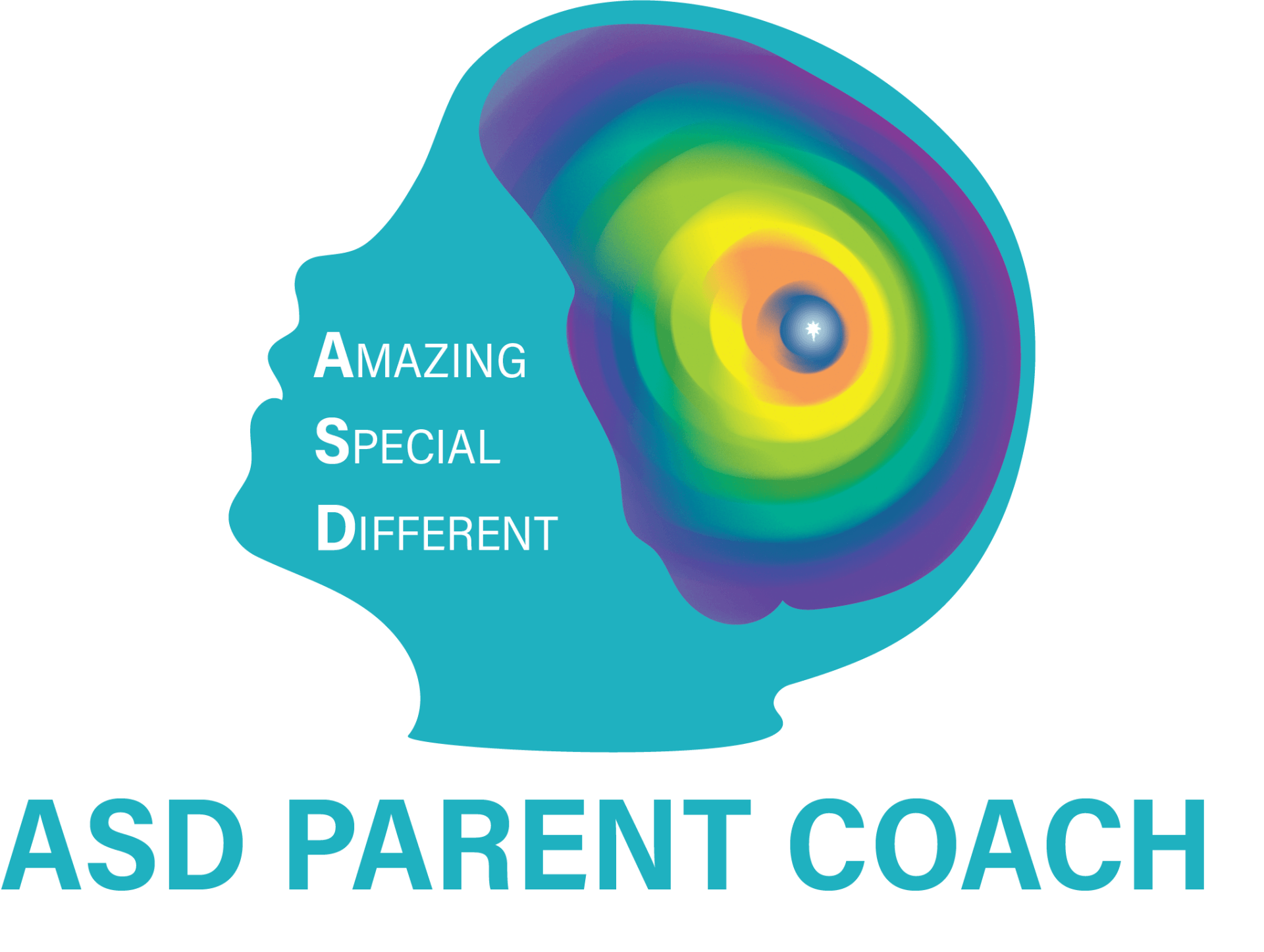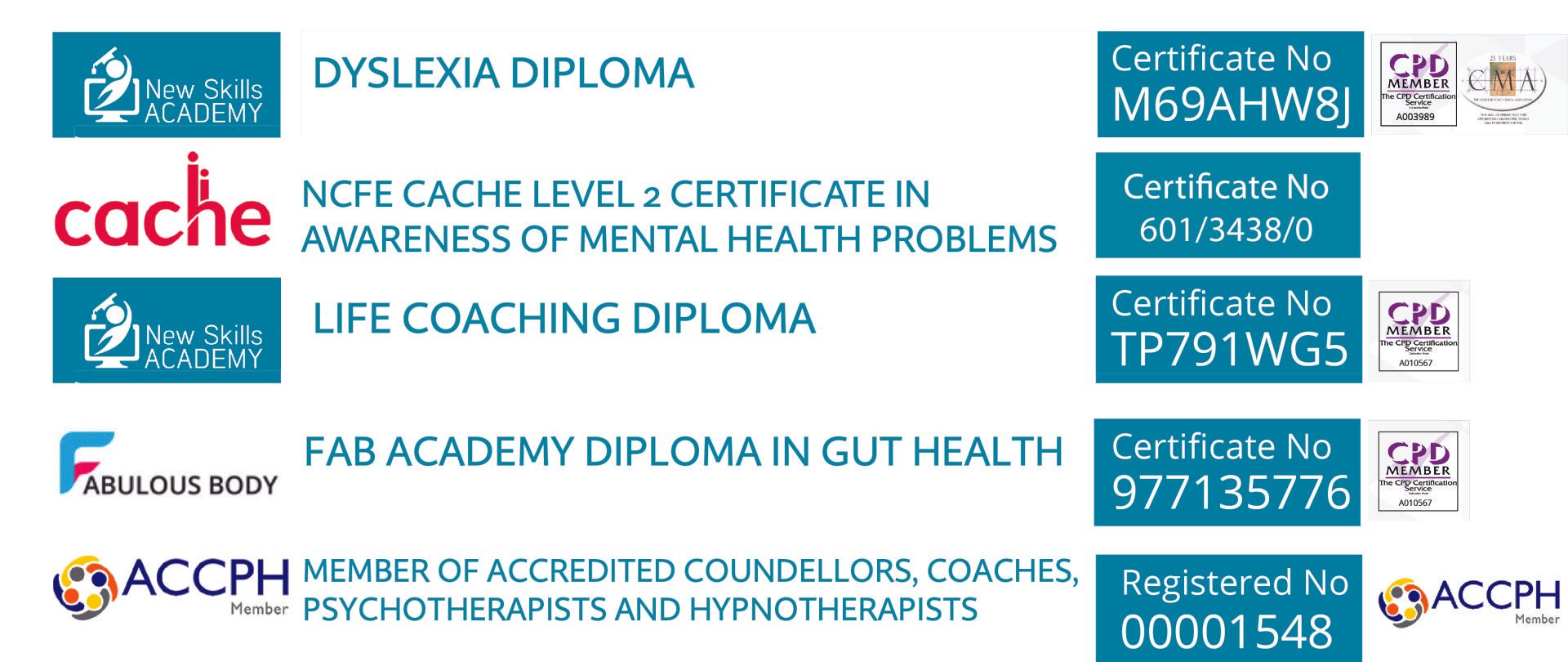Website developed by Louise Peacock Creative Studio Ltd www.louisepeacockcreative.com
Amazing Special Different
Neurological Differences
Together we can explore behaviours associated with various conditions. You may already have a diagnosis and want to learn how to better support your child, or you may have noticed some different behaviours and just started researching. Early intervention is key, so whatever your situation, I can help you make sense of it all and I can share tools and strategies that will help YOU support YOUR CHILD. Some of the more commonly known conditions are:
Autism (ASD/ASC)
Autism can be described as difficulty in social interaction and communication with restrictive and repetitive behaviours, interests and activities. With the help of the autistic community we now have a wider understanding of how autism impacts a person and I can help you understand this.
ADHD (Inattentive/Hyperactive/Combined types)
Obsessive Compulsions (OCD)
Repetitive thoughts and behaviours that are difficult to stop.
Dyspraxia
Difficulty with coordination, movement and learning.
Dyslexia
Difficulty with reading, spelling and language. My daughter was recently diagnosed Dyslexic and I have been working with her and her school to better support her reading, spelling, language and maths. There is a fabulous charity that are a fantastic source of information called #madebydyslexia
Anxiety
Feelings of worry, nervousness and unease.
Depression
Persistent feelings of intense sadness and loss of interest in life.
Sensory Processing
We are all aware of our 5 senses - sight, sound, touch, smell, taste. Well, there are 3 others that are not so widely understood, these are vestibular (movement), proprioception (body position) and interoception (internal body sense).
If any or all of these 8 senses are under or over sensitive, this could result in (what society deems as) inappropriate responses to the demands of the environment.
*You will notice that I do not use the term "disorder", I prefer "difference" or "condition".












